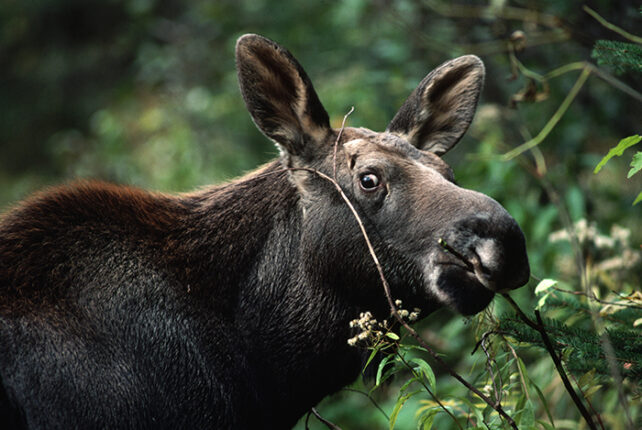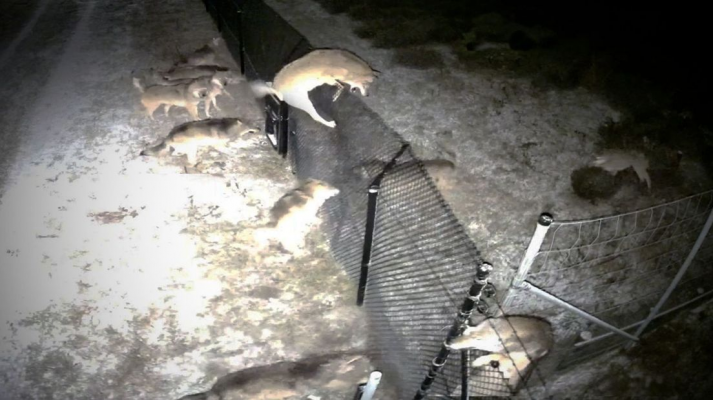- Joined
- Jul 19, 2004
- Messages
- 29,621
- Location
- Out of Bounds
Newly published research indicates a wolf population provides a substantial net reduction in damages and expenses caused by deer.
FULL STORY: https://www.sciencenews.org/article/gray-wolves-scare-deer-roads-reduce-car-collisionsGray wolves scare deer from roads, reducing dangerous collisions
In Wisconsin counties with wolves, deer-car accidents dropped, saving millions of dollars
Gray wolves help keep North America’s deer populations in check, and by doing so, may provide an added benefit for people: curbing deer-vehicle collisions. In Wisconsin counties where wolf populations returned, the number of such collisions dropped in each area by 24 percent on average, scientists report online May 24 in the Proceedings of the National Academy of Sciences.
Economist Jennifer Raynor and colleagues analyzed data on wolf populations, deer populations and deer-vehicle collisions for 63 counties in Wisconsin from 1988 to 2010. In the 29 counties that had wolves, the predators thinning deer populations contributed about a 6 percent reduction in deer-vehicle collisions. The rest of the decrease, the team proposes, was due to the wolves’ presence near roads, which they use as travel corridors, creating a so-called “landscape of fear” that keeps deer away. ...
The average drop of 38 deer-vehicle collisions per year in counties with wolves translates to an estimated $10.9 million in savings each year across the state, the team found. For comparison, the state paid about $3 million over the last 35 years to compensate for wolf damages. There may be other economic benefits not measured by the study such as reductions in damage to agriculture by deer and in Lyme disease frequency, says Raynor ...



